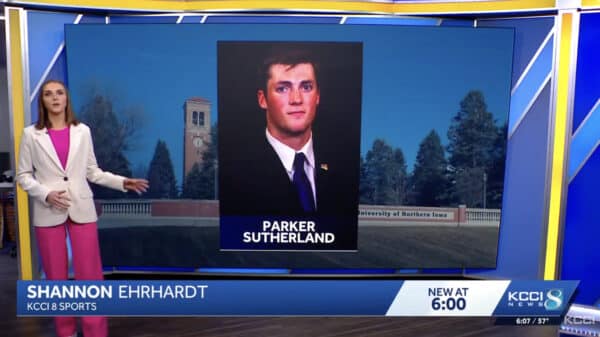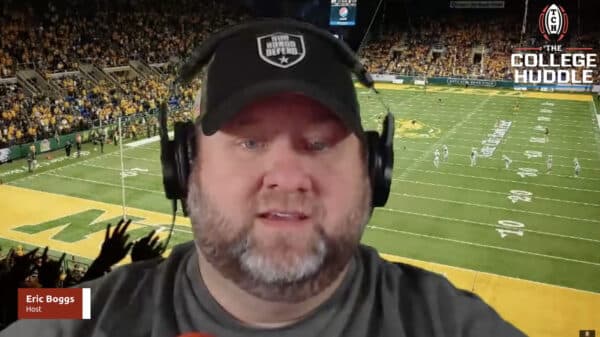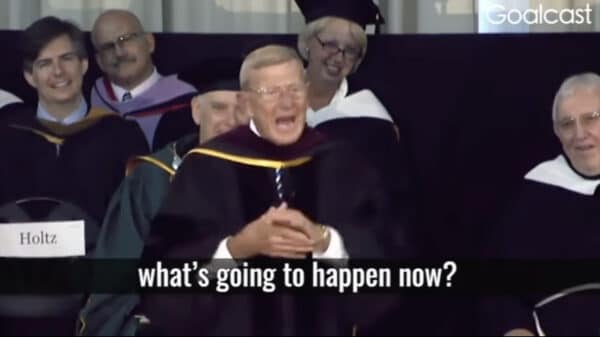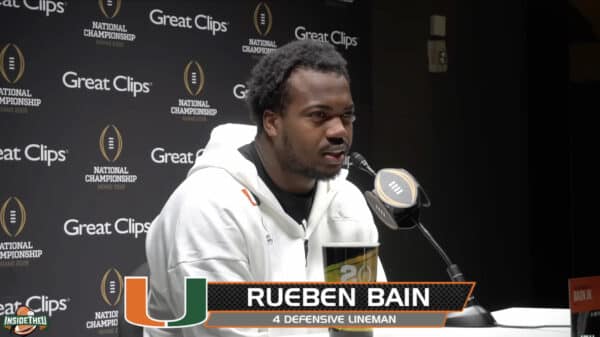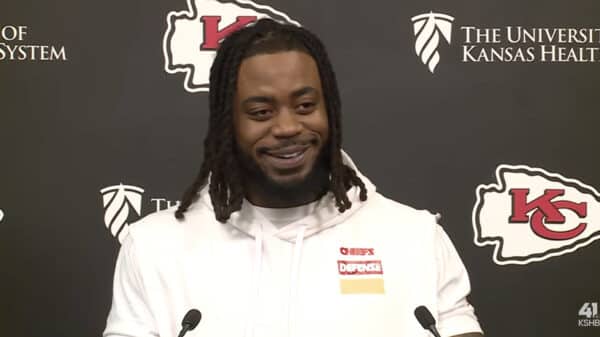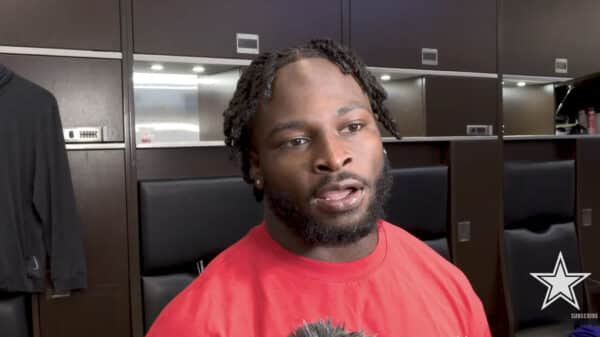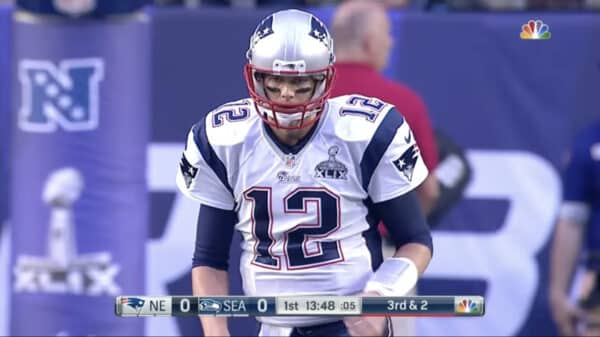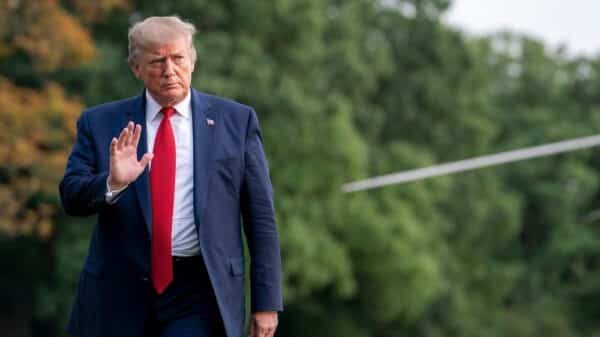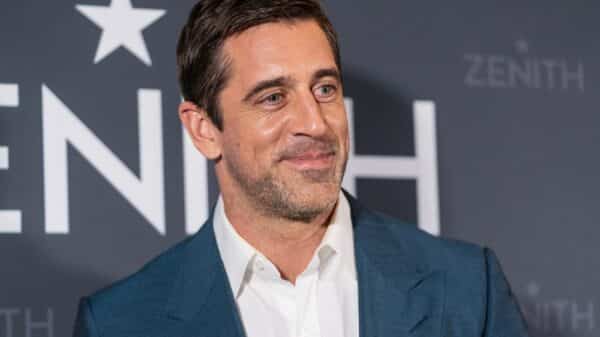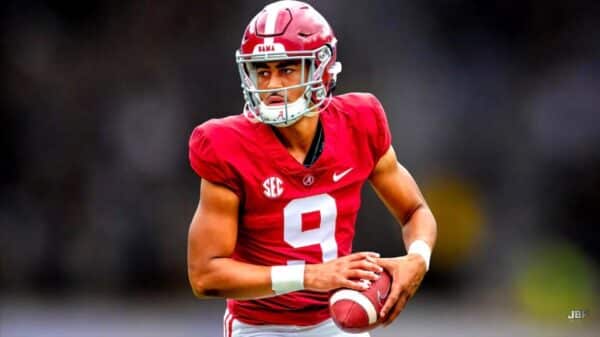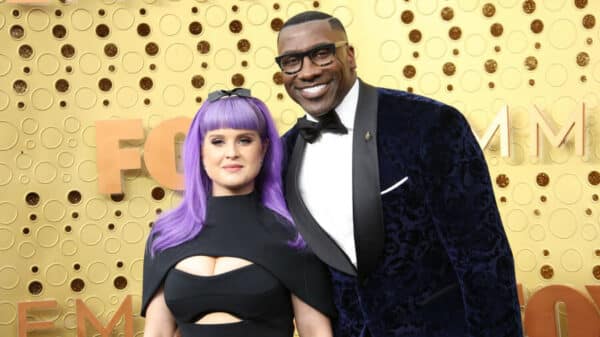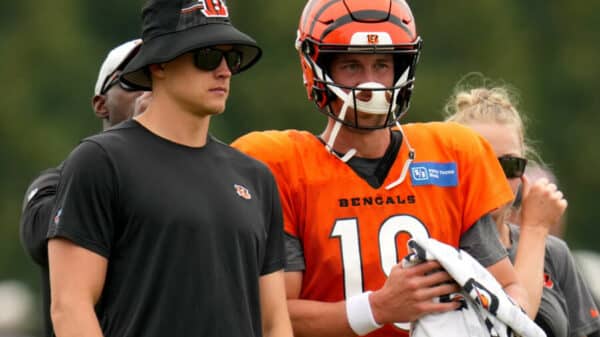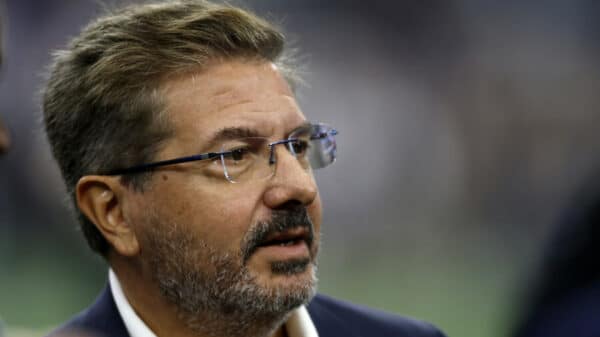On September 10th, tragedy struck the American political landscape with the assassination of controversial figure Charlie Kirk. This shocking event elicited a wave of responses, causing both shock and concern across various sectors, including the sports community. The Kansas City Chiefs’ quarterback, Patrick Mahomes, found himself at the center of a contentious rumor following Kirk’s death.
Social Media Rumors and Misattributions
The heart of the controversy originated from a social media post purportedly made by Mahomes, suggesting he would “take care of” Kirk’s children. This claim stemmed from a YouTube short by an account not widely recognized, attributing a quote to the star athlete that expressed support for Kirk’s family amidst the tragedy. Despite the appeal of the message, especially in a climate rife with political discord, the source lacked credibility and was quickly labeled as manufactured content aimed at exploiting the sensitive situation.
The Pitfalls of Misinformation
Misinformation thrives during tumultuous times, and Kirk’s polarized standing in American politics only heightened the drama. The aftermath of his death saw a surge of fabricated quotes and speculative stories as opportunistic entities worked to capitalize on his notoriety. Such actions not only misrepresent genuine sentiments but also contribute to an already explosive environment fraught with hostility and outrage.
Genuine Messages Amidst the Noise
In the midst of the swirling rumors, there was an authentic voice that stood out: Brittany Mahomes, Patrick’s wife. While the quarterback himself refrained from commenting, Brittany took to social media to advocate against the cycle of hatred that continues to plague political discourse in America. Her poignant message emphasized that hate does not foster healing, instead echoing a call for unity and understanding in turbulent times.
Acknowledging the Human Element
Despite the rampant spread of misinformation, many in the sports world have chosen to honor Kirk’s legacy through thoughtful reflection rather than sensationalism. Athletes and sports figures are increasingly recognizing their platforms’ potential to drive conversations about important social issues. This trend underscores a cultural shift where the narratives surrounding athletes extend beyond the field and into significant national dialogues.
Conclusion
The landscape surrounding Charlie Kirk’s assassination has prompted varied reactions and highlighted the dangers of misinformation. Figures like Patrick Mahomes and his family remind us of the importance of authenticity in discourse, particularly in politically charged contexts. As the sports community navigates these challenging conversations, the hope remains that through dialogue and unity, rather than hate and division, a more constructive narrative can emerge.
Image Source: Andrew Leyden @ Shutterstock

